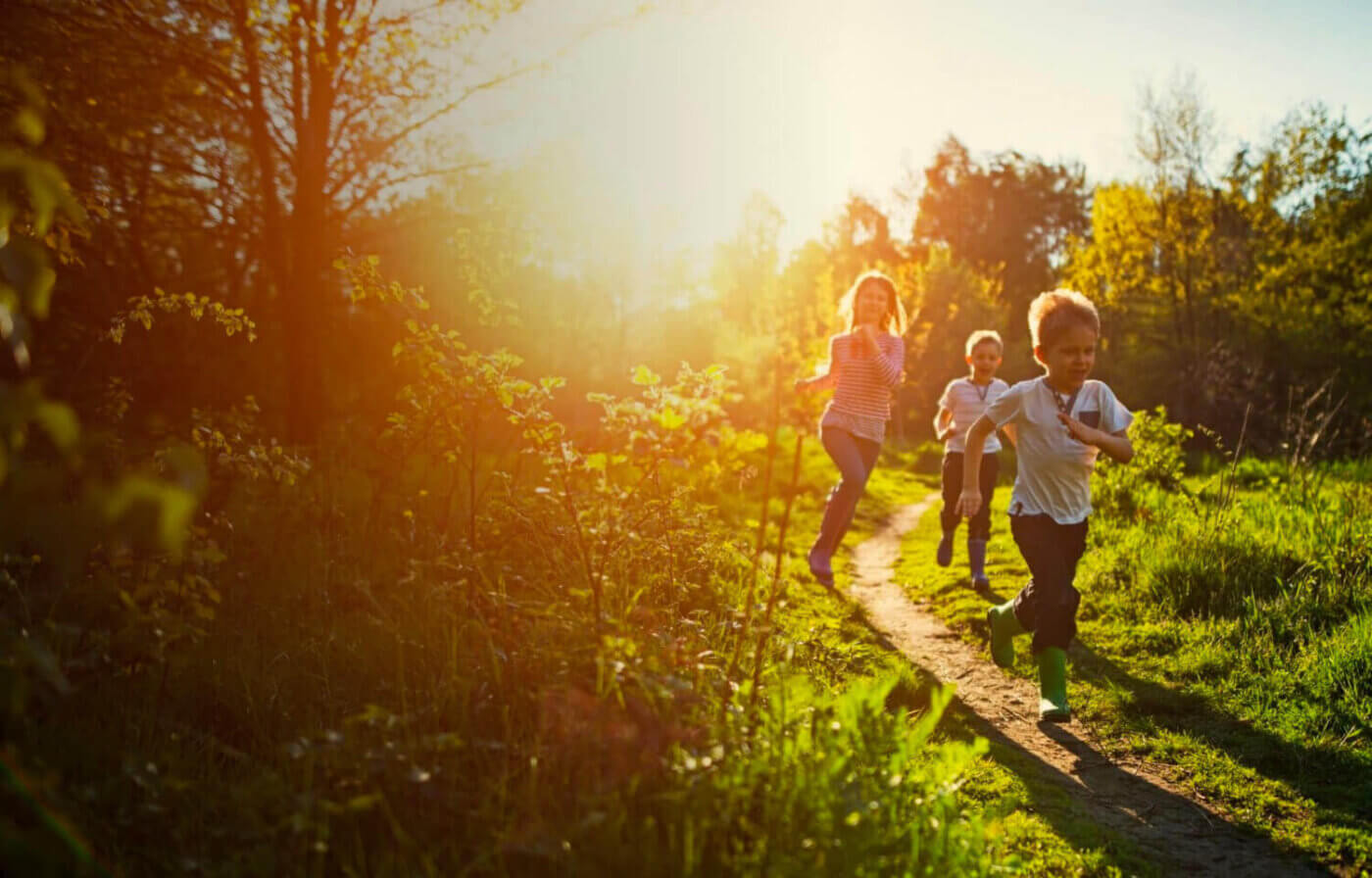Children are friendly with nature

It has been suggested that primary children should learn how to grow vegetables and keep animals. do the advantages of this outweigh the disadvantages?
Some people claim that pupils from junior classes ought to learn how to cultivate vegetables and take care of livestock. From my point of view, it has positive sides more than negative sides, due to several reasons that will be provided in the following paragraphs.
To begin with, there are numerous merits of teaching to youngsters to cultivate vegetable and keep animals. The main advantage is that children would strengthen bonds with nature, feeding animals and looking after for them would assist children to not to be indifferent to natural world and prevent increasing endangered species. In recent years, the number of stray animals such as dogs and cats increased and government have to euthanize stray animals to reduce them. In fact, it is unfair to livestock and instructing children to keep animals may lead to decrease animal euthanasia and it also affects to youngsters evoking compassion and kindness towards animals.
Despite the pros mentioned above there are considerable cons of teaching pupils to grow vegetables and keeping animals. Firstly, allowing to children how to cultivate vegetables may cause serious consequences to children’s well-being. In fact, growing vegetables would cause allergies or various harmful insects that could threaten to pupil’s lives. Secondly, some animals spread life-threatening infections and viruses which lead to irreparable consequences. Additionally, children will be infected with rabies disease through the bite of rabid animal, buttress rabid dogs or cats which could be fatal disease.
In conclusion, while there are numerous drawbacks on teaching children to cultivate vegetables and keep animals I believe that merits of taking care of species outweigh the demerits.
Aydaulet Perdebaeva,
1st year student at Academic Lyceum
of Nukus State Pedagogical Institute.
Karakalpak Information Agency

